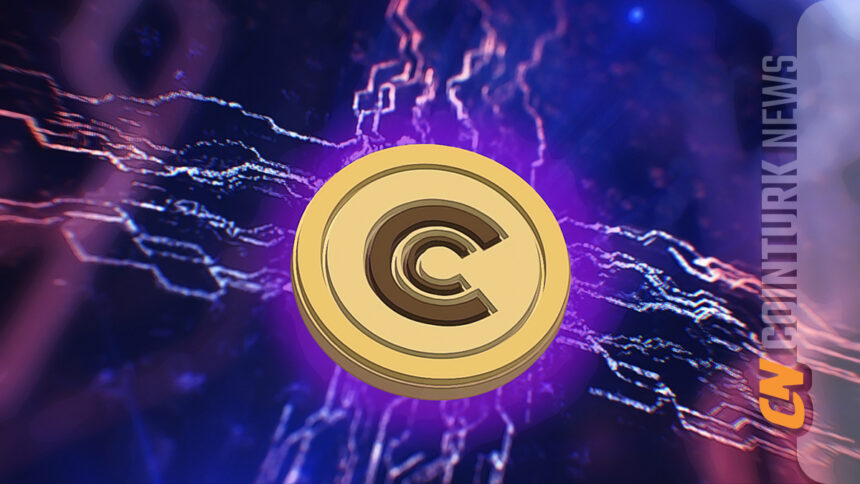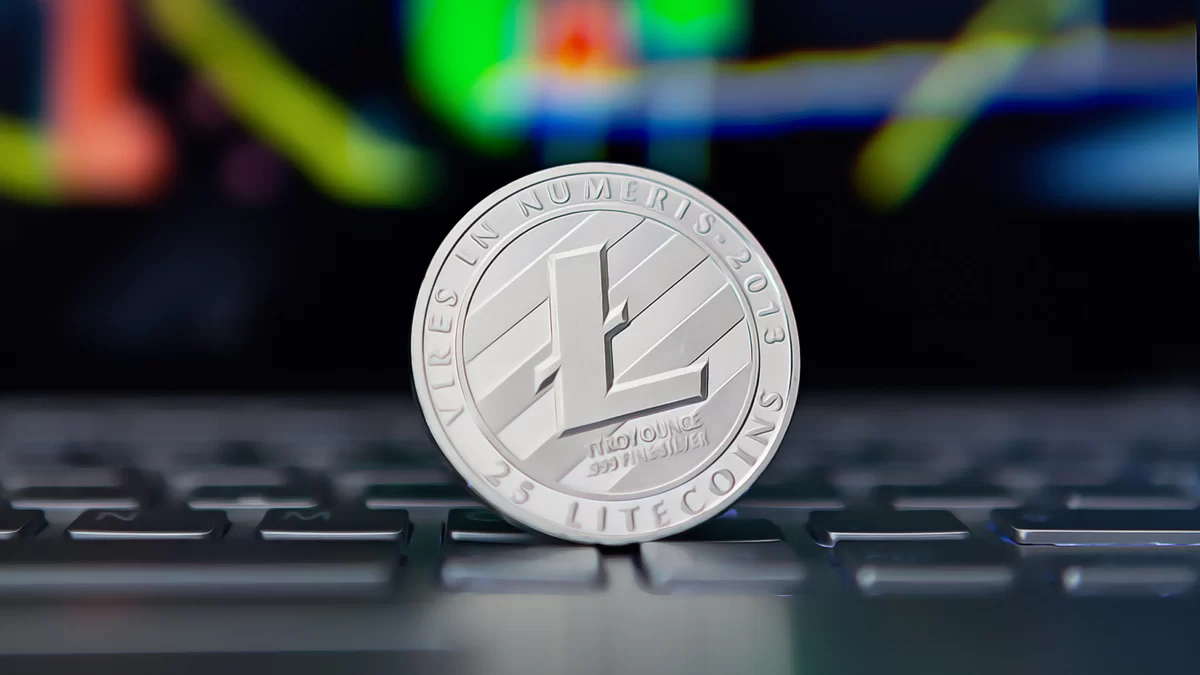A recent article published by Ripple emphasizes the critical role of custodial services in managing cryptocurrency ETFs, which are vital for the secure storage, compliance, and investor access of cryptocurrencies like Bitcoin.
Ripple Article Stresses Importance of Custodial Services
The article highlights the key areas that custodial services need to focus on, with security measures being of utmost importance. This includes implementing strong key management practices, multi-signature wallets, and cold storage solutions. These measures help protect Bitcoins from theft and cyber-attacks.
The United States Securities and Exchange Commission (SEC) approved eleven spot Bitcoin ETFs in January, reigniting discussions on self-custody.

Spot Bitcoin ETFs offer a different way to invest in Bitcoin. However, these new financial products require the fundamental Bitcoins to be securely stored.
KYC and AML Measures Needed
In addition to secure storage, compliance with Know Your Customer (KYC) and anti-money laundering (AML) regulations is also critically important. These rules help prevent illegal activities and maintain investor confidence.
The article also emphasizes the importance of using advanced technology. Custodial services should manage digital assets using tools such as hardware security modules (HSMs) and multi-party computation models (MPCs).
Why Did the SEC Approve Bitcoin ETFs?
The article written by the Ripple team also discusses why the SEC approved spot Bitcoin ETFs. According to the team, the SEC now wants to complete crypto integration. By setting aside past resistance, the SEC approved spot Bitcoin ETFs.
The article states that the SEC’s approval of spot Bitcoin ETFs is a significant step in the acceptance of cryptocurrencies, while also highlighting new challenges related to the secure storage of these new investment vehicles. Custodial services will play a critical role in overcoming these challenges by prioritizing security, compliance, and technology.
Ripple continues to comment on spot Bitcoin ETFs while battling with the SEC. The lawsuit is gradually nearing its conclusion.









